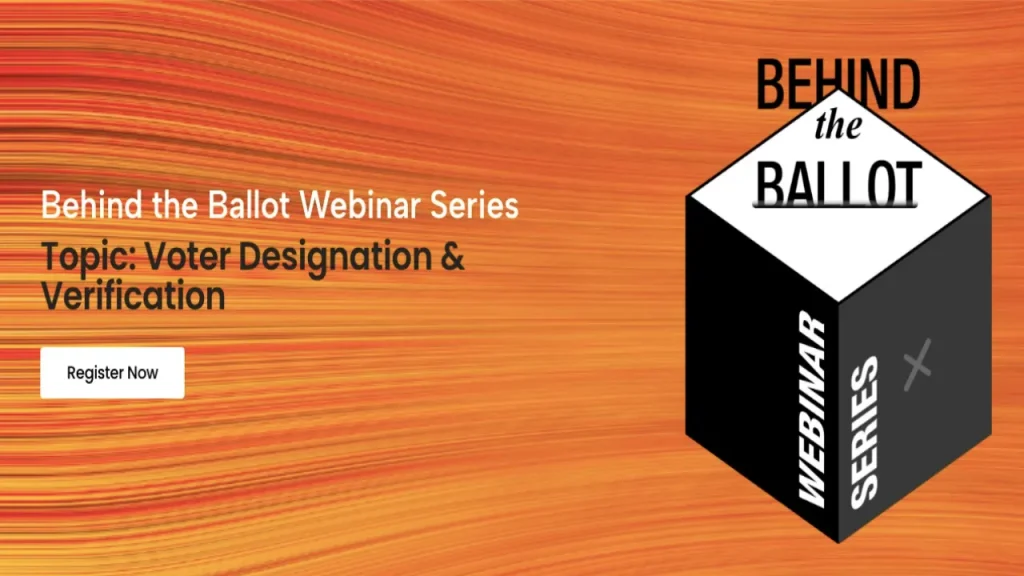- AFRINIC tightens voter criteria ahead of the August election, limiting participation to verified Resource Members.
- Identity checks and onboarding steps raise concerns over fairness, access, and representation for smaller members.
Eligibility thresholds strengthened ahead of the 2025 election
AFRINIC updated its rules for the 2025 board election, specifying clear voter eligibility criteria. Only organisations classified as Resource Members in good standing by 19 September 2023 are permitted to vote. Good standing requires full payment of membership and allocation fees, along with completion of registration formalities under the 2020 Bylaws. Associate or Registered Members remain ineligible. These tightened criteria aim to ensure that only compliant members participate, ostensibly reducing confusion arising from the annulled June election.
The shift reflects AFRINIC’s attempt to restore credibility by preventing last-minute registrations and reinforcing financial and administrative compliance. Observers note that while intended to stabilise participation, the criteria may also limit voter inclusion and favour those most familiar with procedural requirements.
Also read: AFRINIC launches voter onboarding ahead of board election
Also read: AFRINIC election: 2nd attempt to delay voting fails
Voter onboarding process introduces identity verification
In conjunction with eligibility tightening, AFRINIC launched a formal voter onboarding process for its August 2025 election. Each eligible organisation must designate one authorised voter, with no provision for multiple proxies or power of attorney representation. Designated voters are required to submit identity documents through a third-party verification platform.
AFRINIC plans to release a provisional voters’ register 48 hours before final publication to allow corrections. This marks a significant departure from past proxy-driven voting systems and reflects a response to procedural failures in earlier cycles. Although the new onboarding process promotes transparency, critics argue its late timing may confuse members not accustomed to sophisticated compliance protocols.
Rule shifts and stakeholder concerns over inclusivity
Observers warn that the updated guidelines, while formally transparent, may disadvantage smaller or less-resourced members. Organisations unfamiliar with international identity verification procedures may struggle to meet onboarding deadlines. Critics point to the abrupt nature of these rule changes—they were issued long after members registered and proxy systems were standard.
The lack of earlier public engagement with the new criteria fuels concern that elections remain exclusionary. Without publicly accessible voter lists well before the vote, members cannot verify their status or contest oversight decisions. In this light, updated rules risk reinforcing a governance culture that prioritises compliance over equitable representation.
Also read: AFRINIC’s proxy vote scandal: What went wrong?
Also read: From regional registry to receivership: What AFRINIC’s collapse means for Africa’s internet development
Governance impact and the push for reform
These changes emerge amid AFRINIC’s broader governance crisis. The registry’s annulled June vote highlighted how outdated bylaws and opaque procedures can lead to disastrous outcomes. Cloud Innovation, AFRINIC’s third-largest member, has pushed for a full reset of the organisation, citing distrust created by procedural inconsistencies. The updated eligibility criteria are seen by some as cosmetic rather than substantive reform.
Unless AFRINIC pairs these rules with clear, inclusive communication, and transparent voter data, confidence in future elections may remain weak. Stakeholders emphasise that credible governance requires both procedural clarity and stakeholder access—not just stricter membership thresholds. AFRINIC’s ability to manage Africa’s IP resources hinges on whether this new framework restores trust or simply shrinks the electorate.

